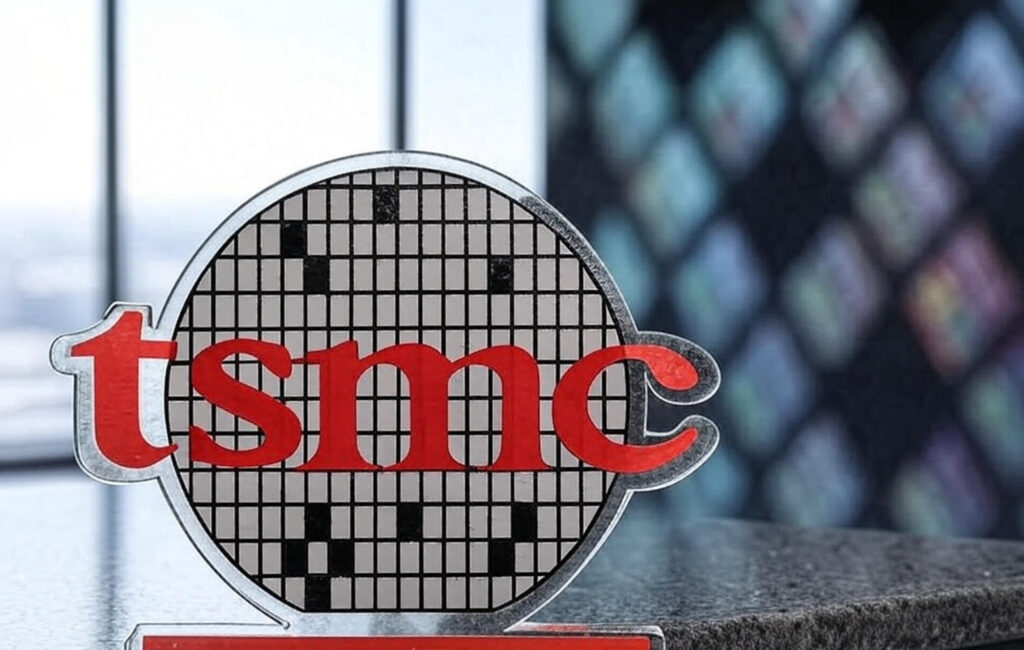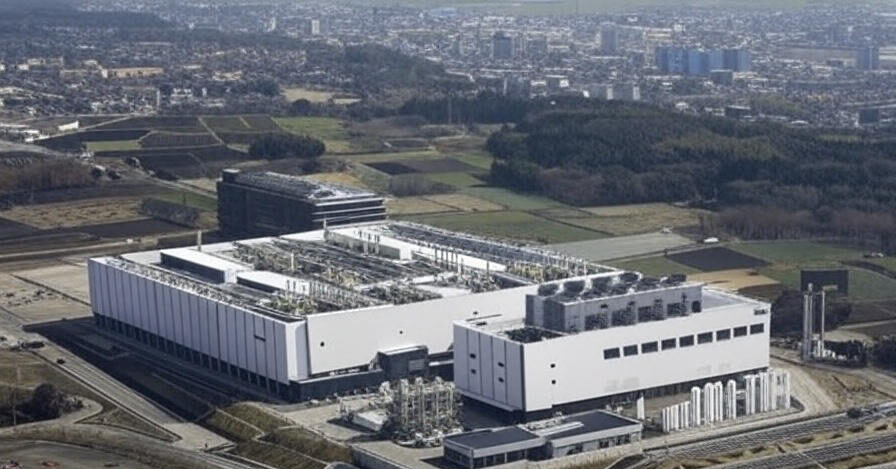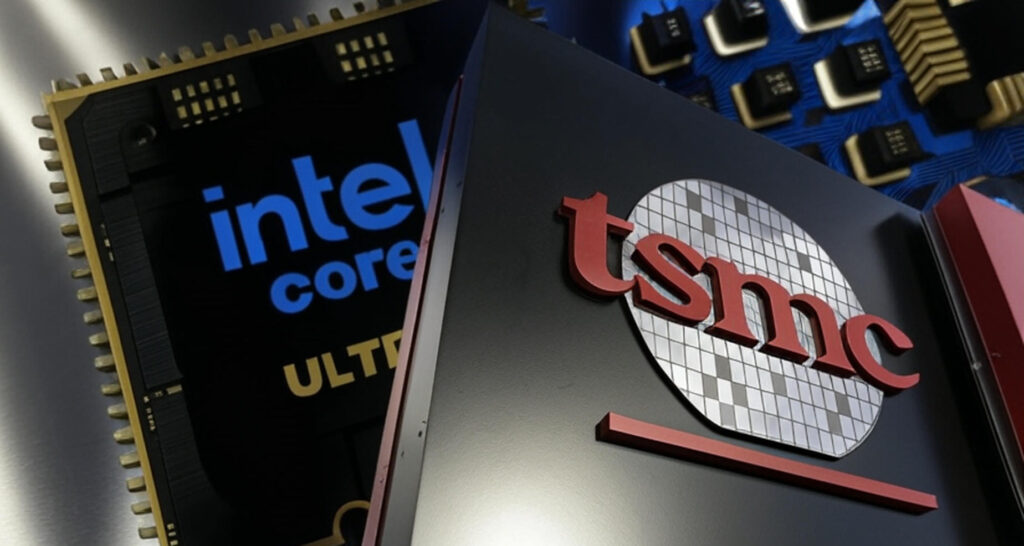
As a daring move to improve the world supply chain for semiconductors, Japan is launching a huge budget of $550 billion, part of which would be used to fund Taiwan Semiconductor Manufacturing Corporation’s (TSMC) expansion plans in the United States. The strategic investment demonstrates the Japanese commitment to safeguarding its leadership position in the risky market of chip manufacturing and addressing the global shortages and strengthening the technological side of things amid the rising tensions in geopolitics.
A Strategic Partnership for Semiconductor Supremacy
TSMC is the top contract chip maker, is responsible for more than 50% of the world’s amount of semiconductors used in everything from smartphones to the most advanced AI-powered technology. Japan’s financial support is intended to aid TSMC’s ambitions to increase its production capacity within the US especially through the construction of new facilities located in Arizona. This includes processes of 3nm and 2nm crucial for the future of technology like autonomous vehicles, 5G infrastructure as well as artificial intelligence.
The package of $550 billion which was unveiled from the Japanese government, forms part of a larger economic plan to boost critical industries and lessen dependence on imports and supply chains. Although the precise amount allocated to the TSMC’s US expansion is not yet known Analysts believe that a significant portion is set aside to fund the construction, equipment as well as operational expenses for TSMC’s new facilities. This decision is consistent with Japan’s continuing efforts to revitalize its local manufacturing of semiconductors, which is lagging behind rivals like Taiwan as well as South Korea in recent decades.
Why This Matters

The world-wide shortage of chip started during the COVID-19 epidemic, revealed problems within the supply chain for semiconductors which impacted all industries, that range from consumer electronics to automotive. The Japanese investment in the TSMC’s US expansion is an immediate reaction to the challenges facing it in order to diversify its manufacture away from Asia which is where the geopolitical risks especially in the region of Taiwan are causing concern concerning the security of the supply chain.
Through assisting TSM’s US initiatives, Japan is not only consolidating its relationship with the US as well as positioning its position as a major participant in the technological ecosystem. The Arizona factories, scheduled to begin operations by 2026, are expected to create many high-tech jobs, as well as boost the local economy, as well as ensuring an ongoing supply of chips to American as well as Japanese firms.
A Broader Vision for Technological Resilience
Japan’s investment forms part of the larger trend of governments taking action to safeguard the supply chain of semiconductors. The US has committed more than $50 billion in the CHIPS Act to incentivize domestic chip manufacturing, and the European Union has similar initiatives.
Outside of TSMC, Japan is also investing in its own chipmakers, like Rapidus which is a joint venture with the aim of producing 2nm-sized chips by 2027. This dual strategy–supporting both global giants like TSMC and homegrown innovation–underscores Japan’s ambition to reclaim its status as a semiconductor powerhouse.
Challenges and Opportunities

The investment may be an important step in the right direction however, there are still challenges. Making advanced chips can be a costly, complicated procedure, and the timelines can stretch for several years. The TSMC’s Arizona manufacturing facilities have experienced problems with delays because of shortages in labor as well as regulatory obstacles. Furthermore, the higher costs of running a business in the US in comparison to Asia may impact profits, regardless of government support.
The benefits are greater than the risk. To Japan the investment will strengthen its alliance in technology with US as well as Taiwan by creating an international framework that counters China’s increasing influence in the field of semiconductors. For TSMC it will help accelerate the company’s global expansion while reducing the dependence it has on Taiwan-based products and minimizing the risks of instability within the region.
Looking Ahead
Japan’s $550 billion investment will be a turning point in the world’s semiconductor race. Through funding the TSMC’s US expansion plans, Japan does not just address urgent supply chain issues as well as laying the groundwork to create a more robust and diverse tech industry. As the world gets more dependent on high-end chips This investment is likely to alter the role of power within the tech industry.
At present, all attention is focused focussed on the TSMC’s Arizona factories as well as Japan’s overall semiconductor plan. Production ramps are anticipated over the next few months, the results of this alliance could define the direction of technology in many years to be.




